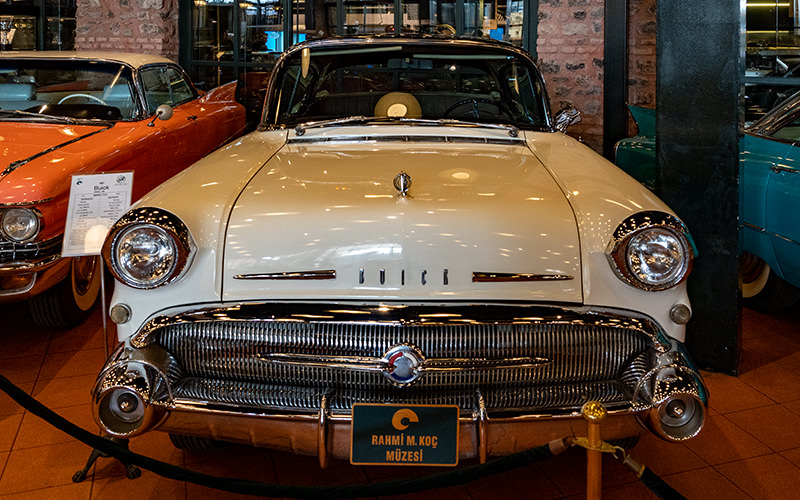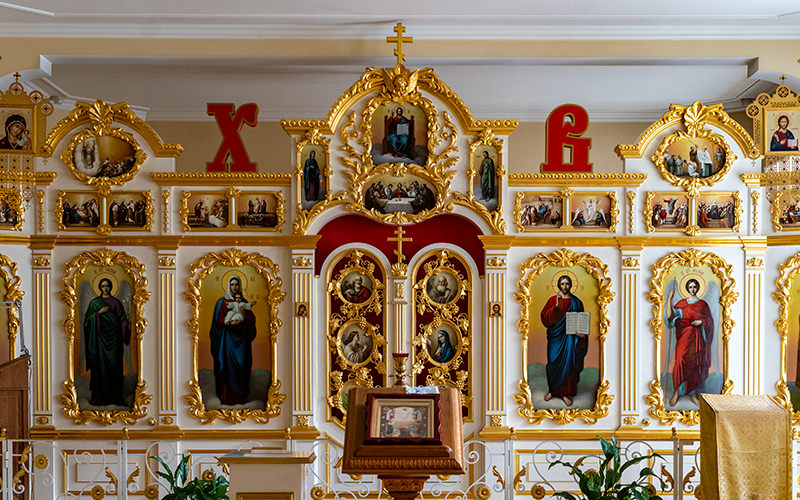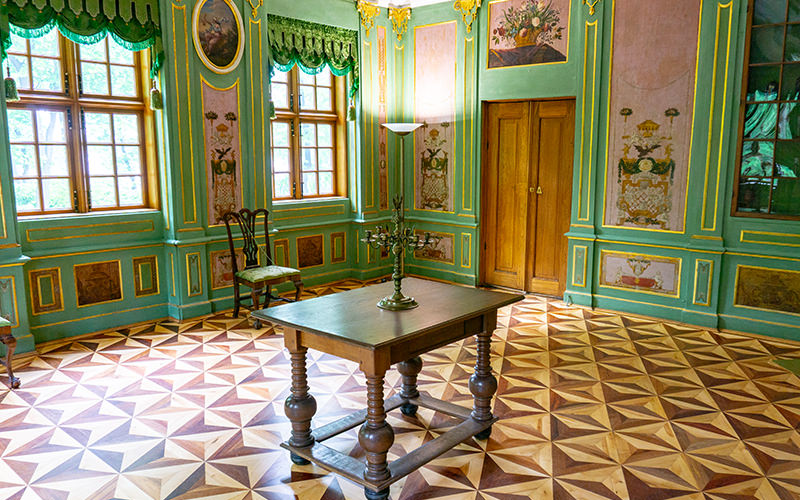With today's article, I conclude the series of stories about my trip to the delightful Sumela Monastery in Turkey. In the first and second parts of the material, I wrote about how to get here; this time, we will take a stroll through the complex.
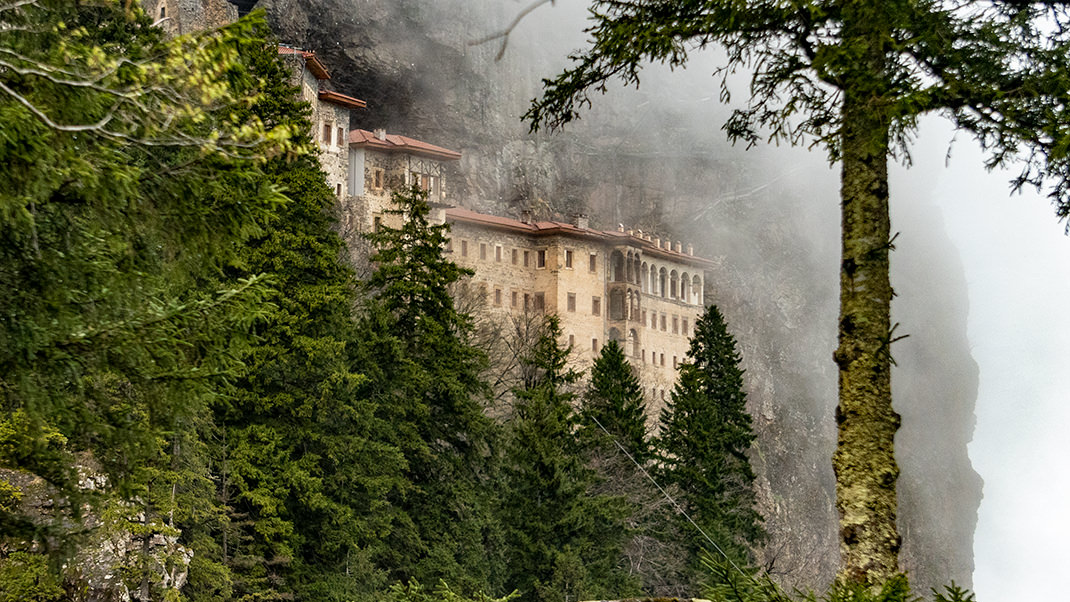
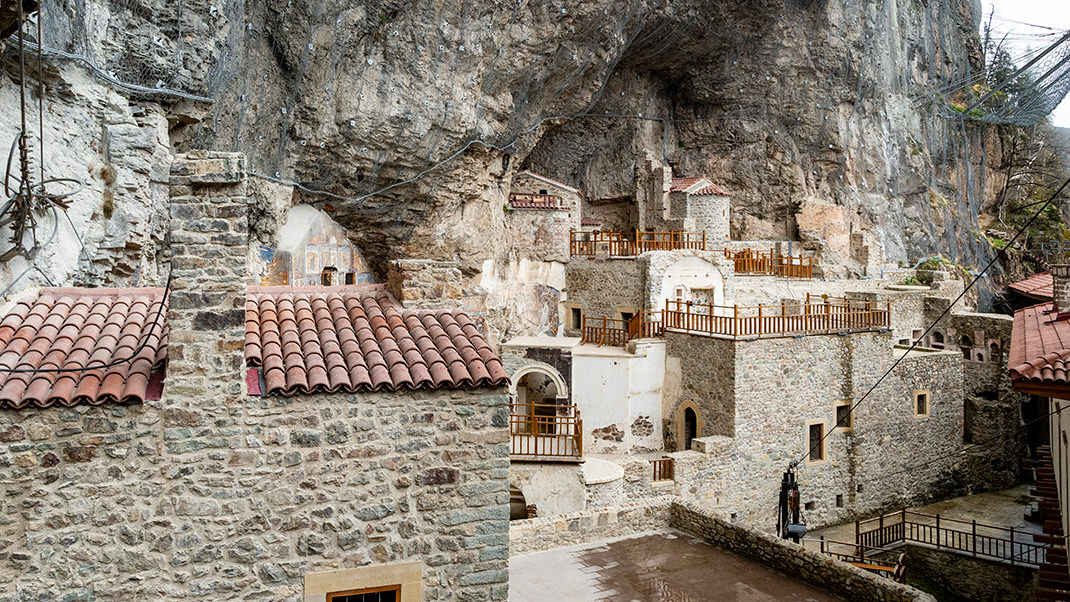
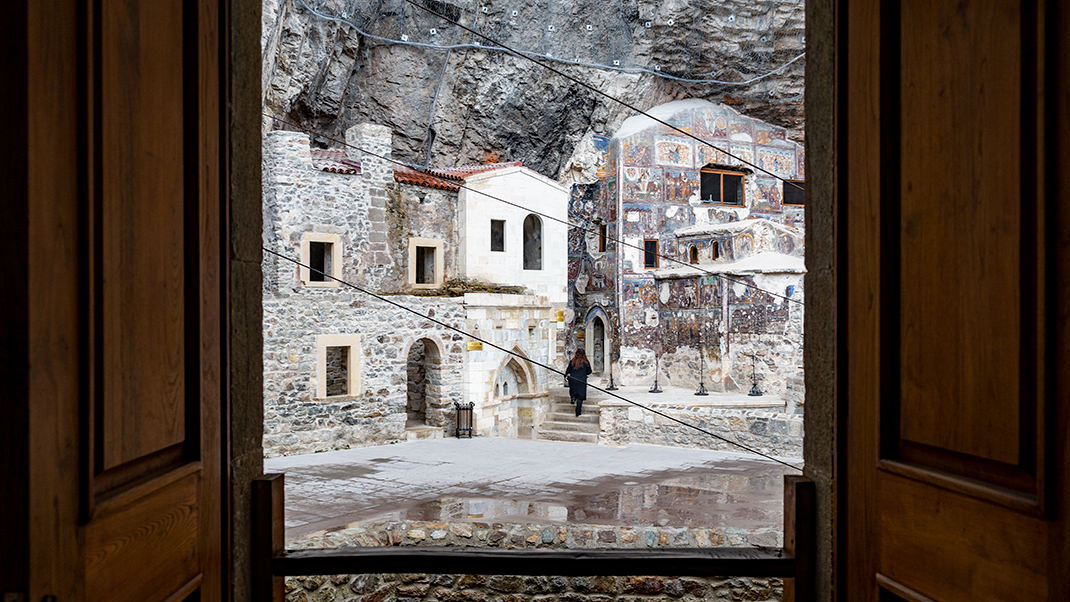
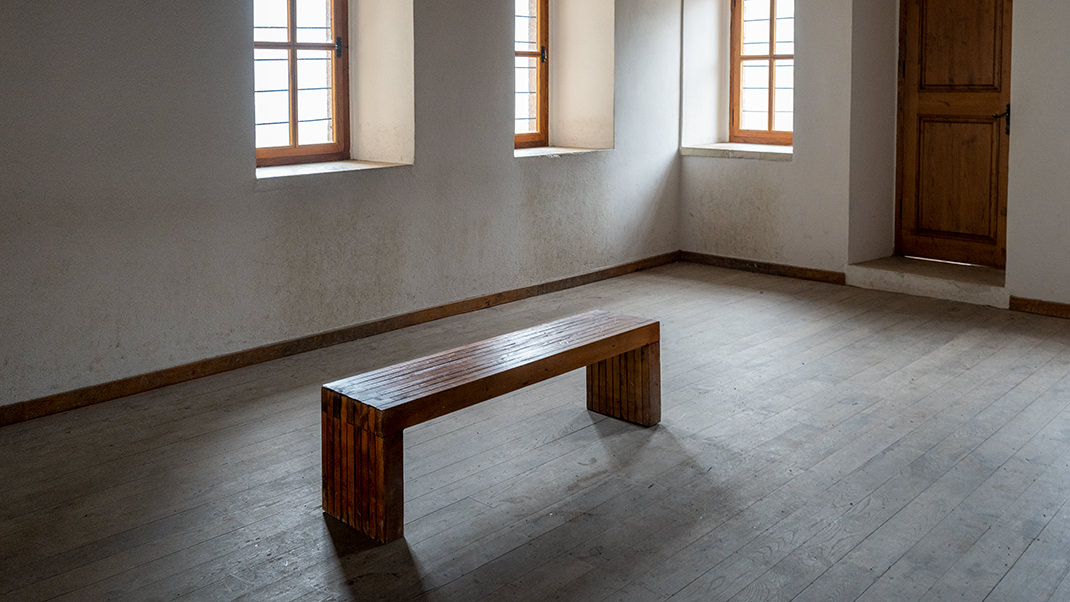
A Bit of History
The Sumela Monastery, located 45 kilometers from the Turkish city of Trabzon, is believed to have been founded in the year 385. For almost 1,600 years, the complex has been repeatedly rebuilt and expanded with new buildings. For the first thousand years after the monastery's appearance, there was only a temple and monks' cells here.
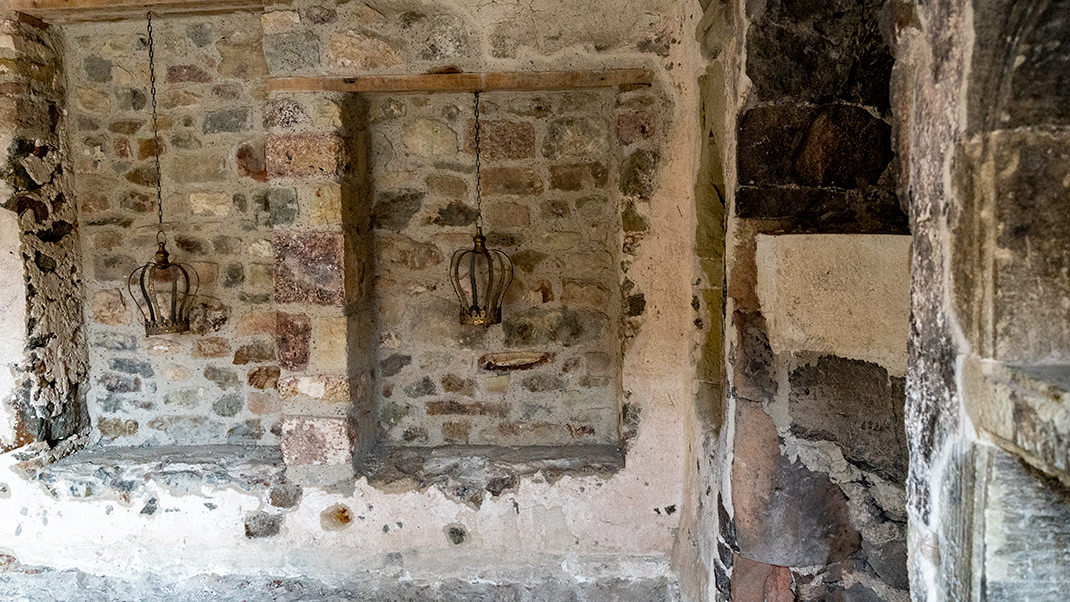
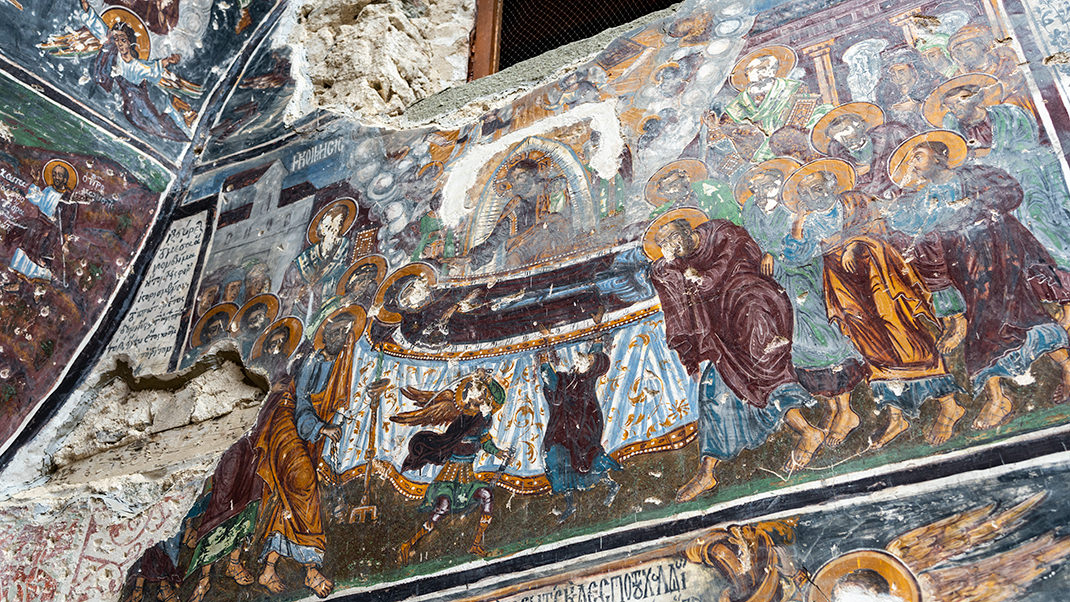
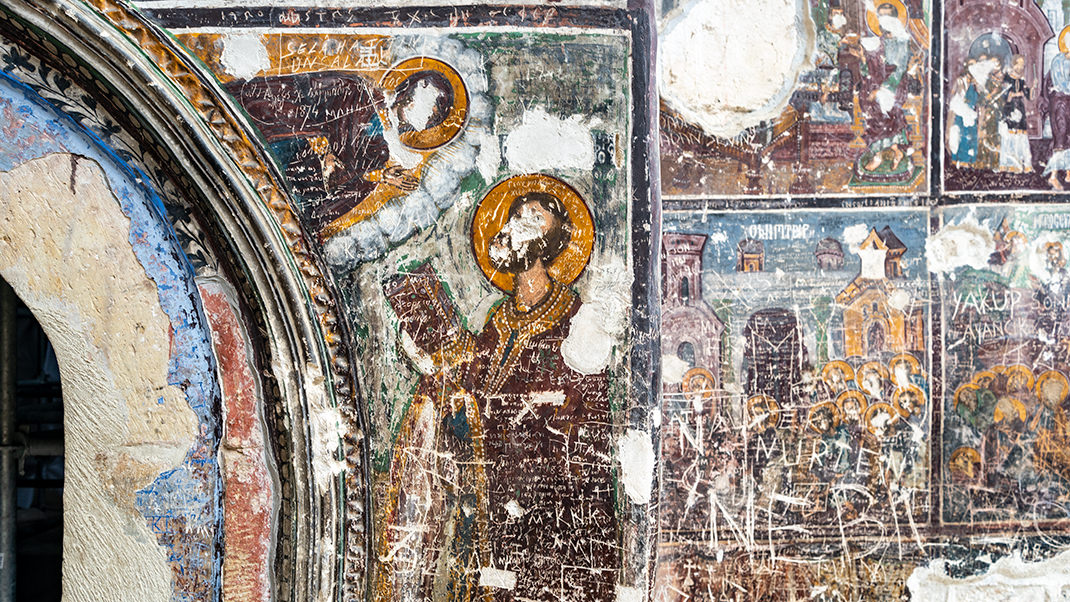
Surprisingly, when these lands came under the rule of the Ottoman Empire, the monastery's status did not change. Moreover, Ottoman sultans sent many gifts here; all the monastery property belonged to the monks, and local priests were exempt from taxes. By the 17th century, about 100 people lived here.
In 1923, with the proclamation of the Turkish Republic, the Sumela Monastery was abandoned, and Greek citizens living in this region were deported to Greece. For many years, the complex's territory remained deserted. The monastery buildings were reportedly used as a place to sleep for shepherds. In the 1960s, a fire destroyed all wooden structures here.
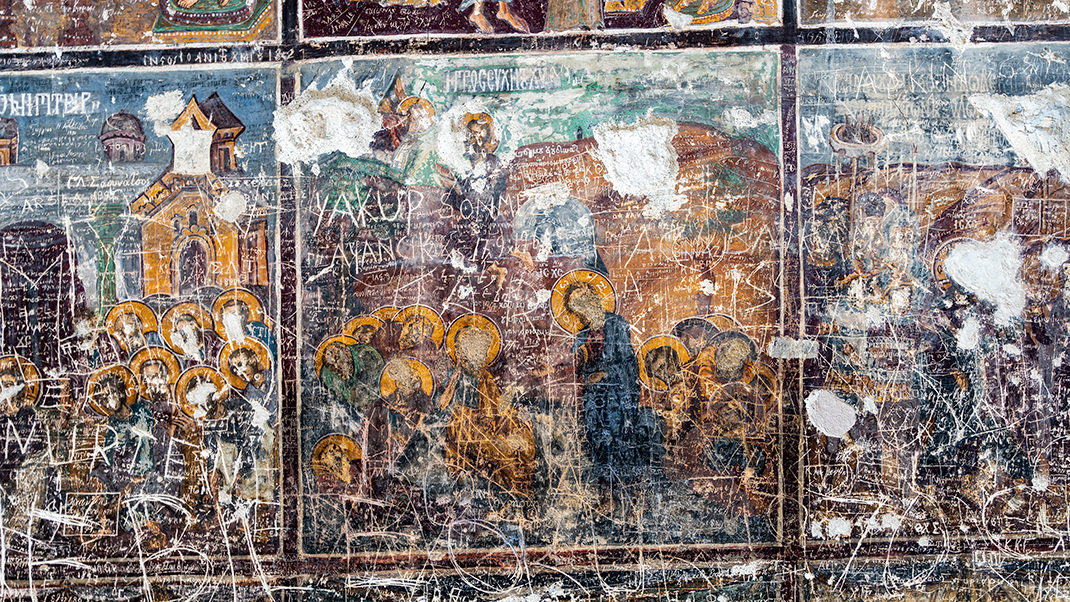
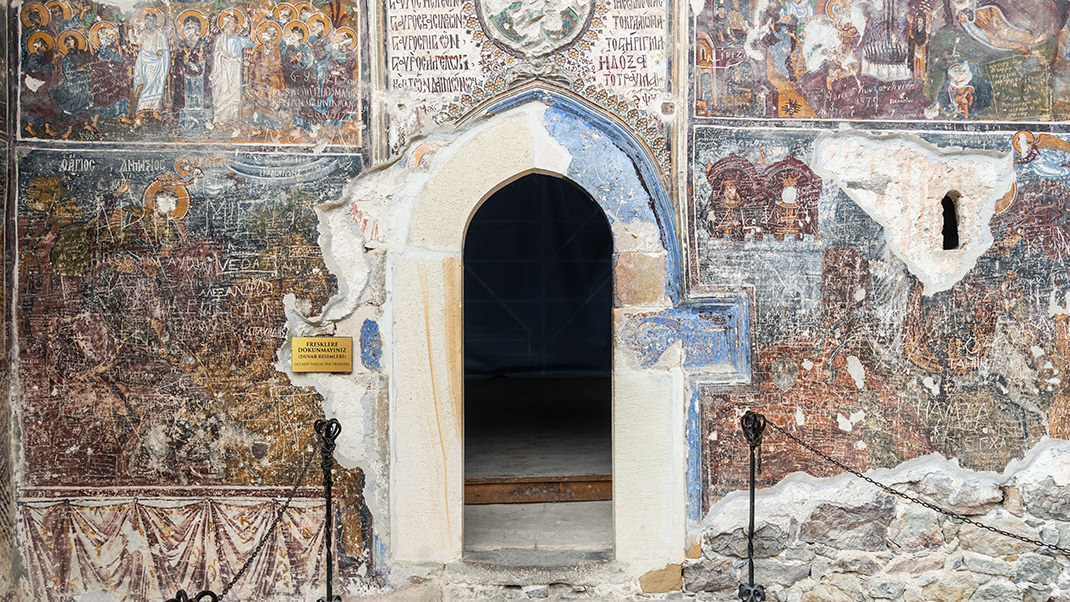
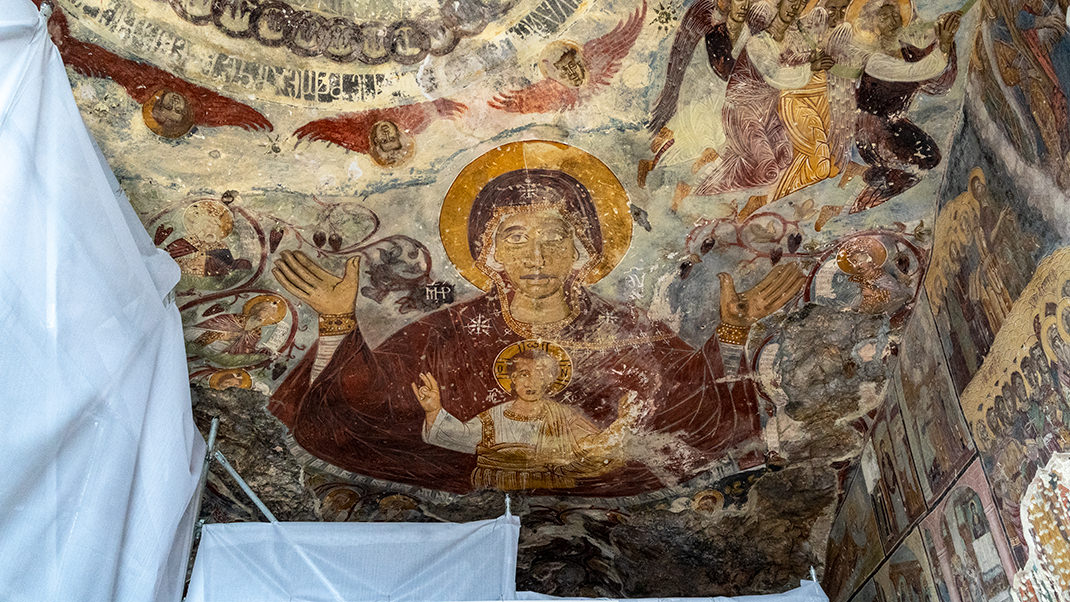
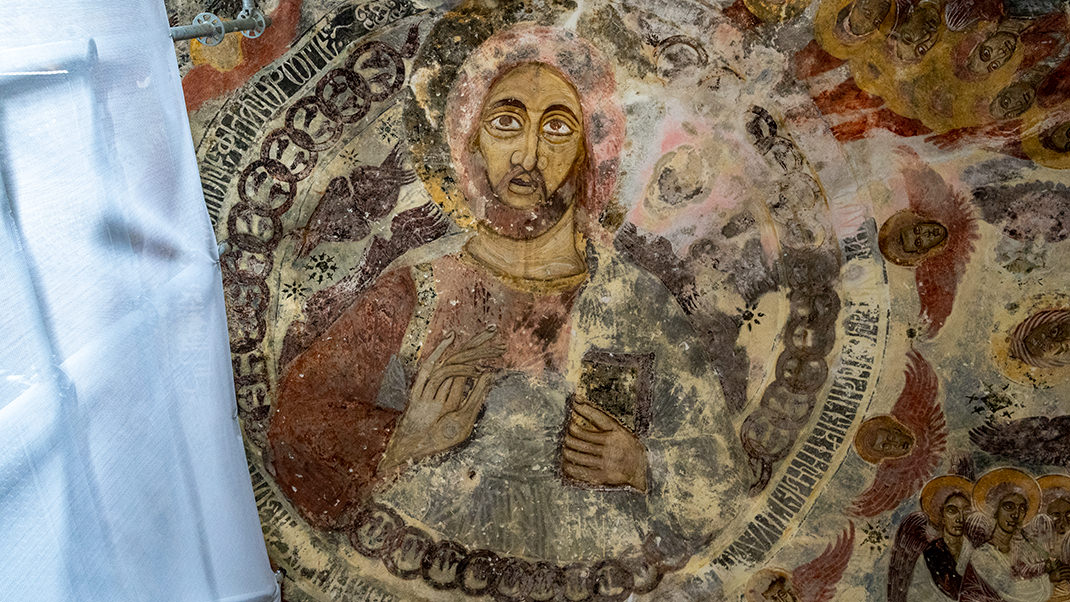
The complex's new life began in the 1970s when it was handed over to the Ministry of Culture. Sumela was opened to tourists in 1986. Restoration work has been ongoing here for the past few decades; for this reason, the attraction was closed to visitors from 2015 to 2019.
From the place where you can reach by car, there are several long staircases leading to the monastery. The accessible area for tourist walks seemed relatively small to me; it consists of open space near the rock and several rooms. At the entrance to many parts of the monastery, you can see signs with information about what was here before. There were classrooms, a library, a guesthouse, a chapel, a kitchen, and prayer rooms.
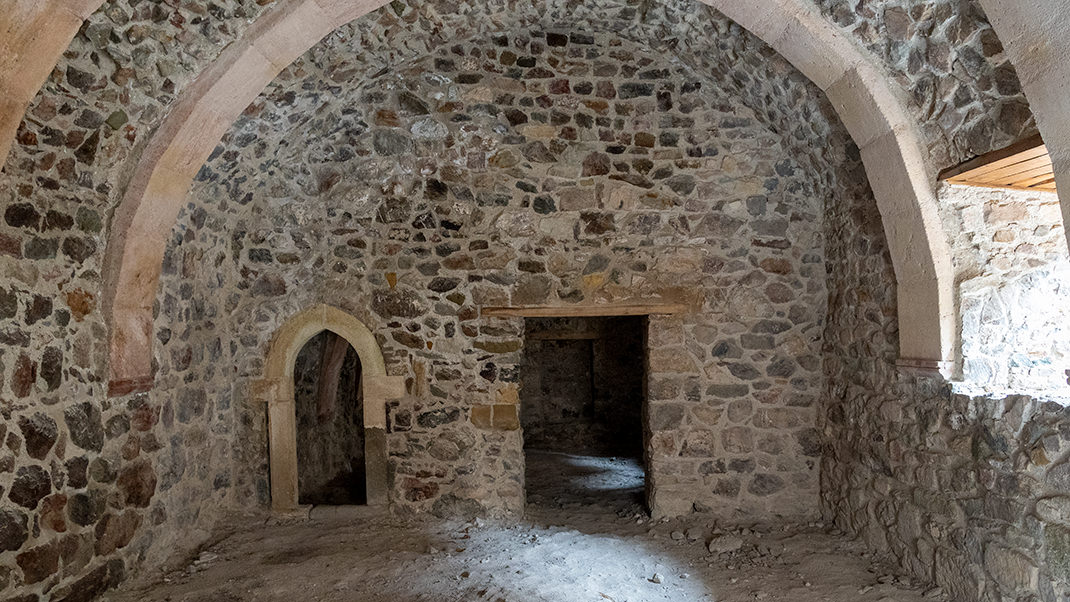
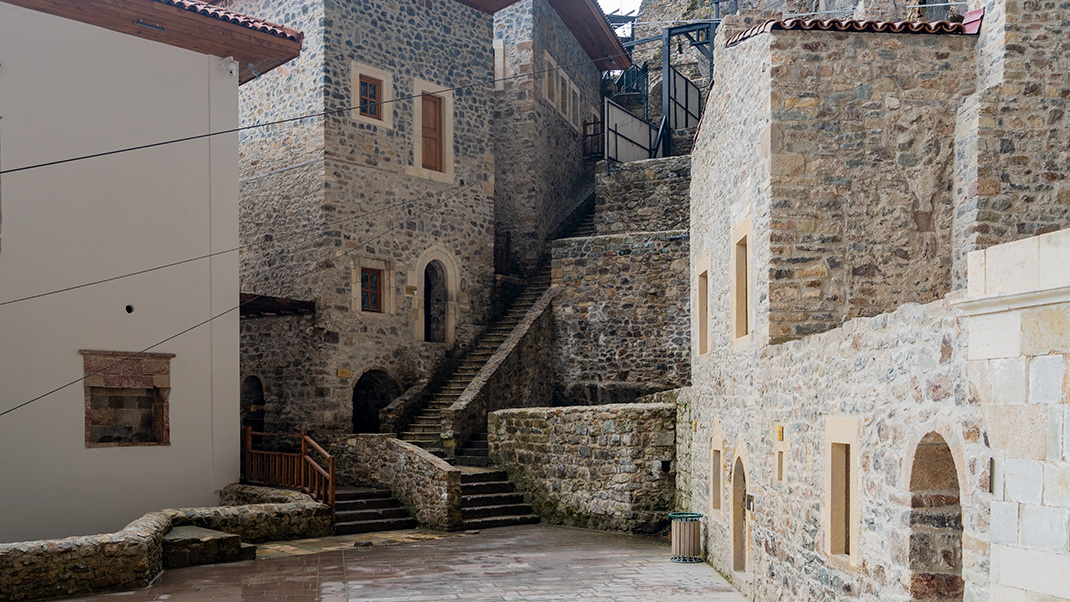
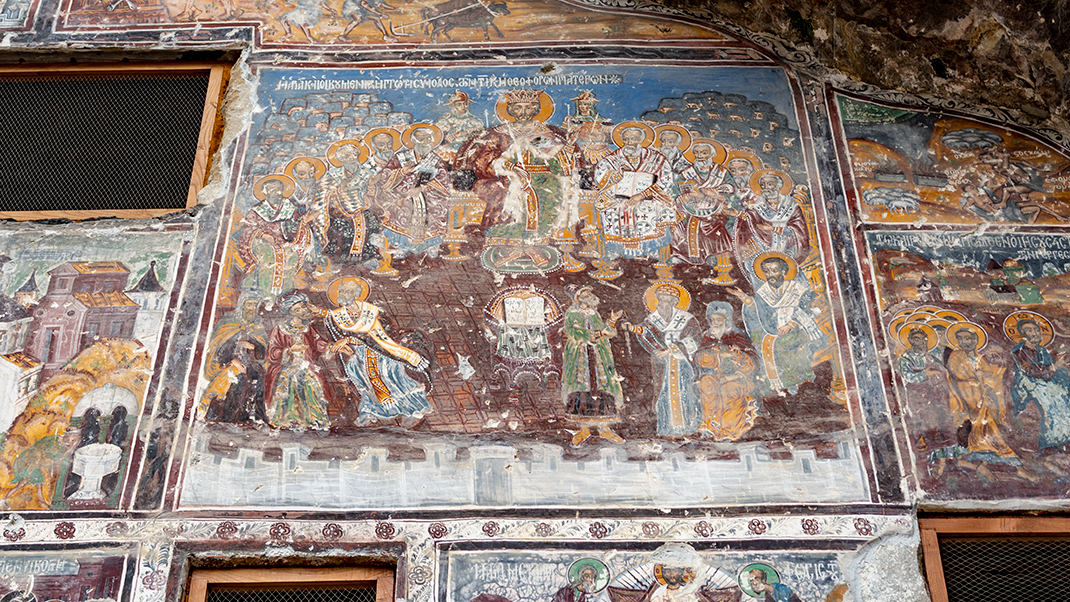
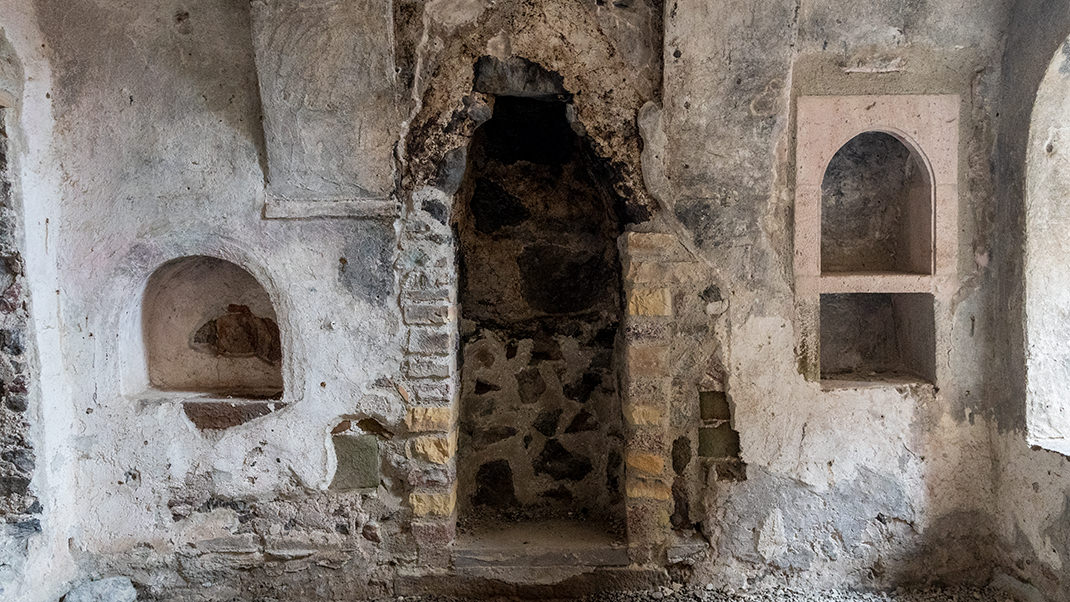
In the central part of the inner courtyard stands the apse of the church. Its walls are adorned with frescoes created at different times.
The time for my walk on the territory was limited because a taxi driver was waiting for me below. I spent about 30 minutes here. It was enough to peek into all the monastery rooms and take a few photos.
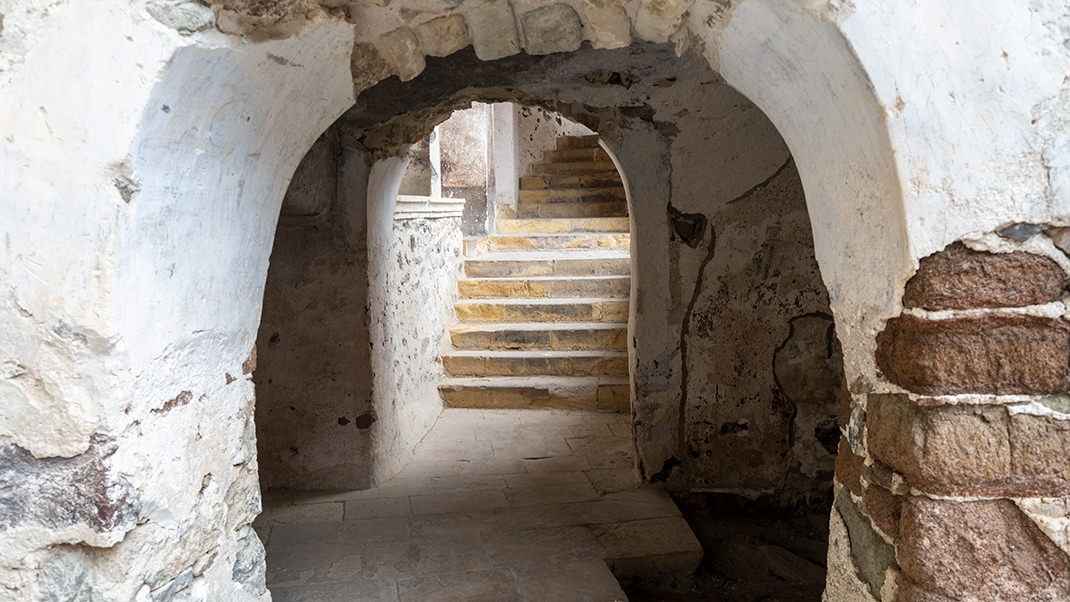
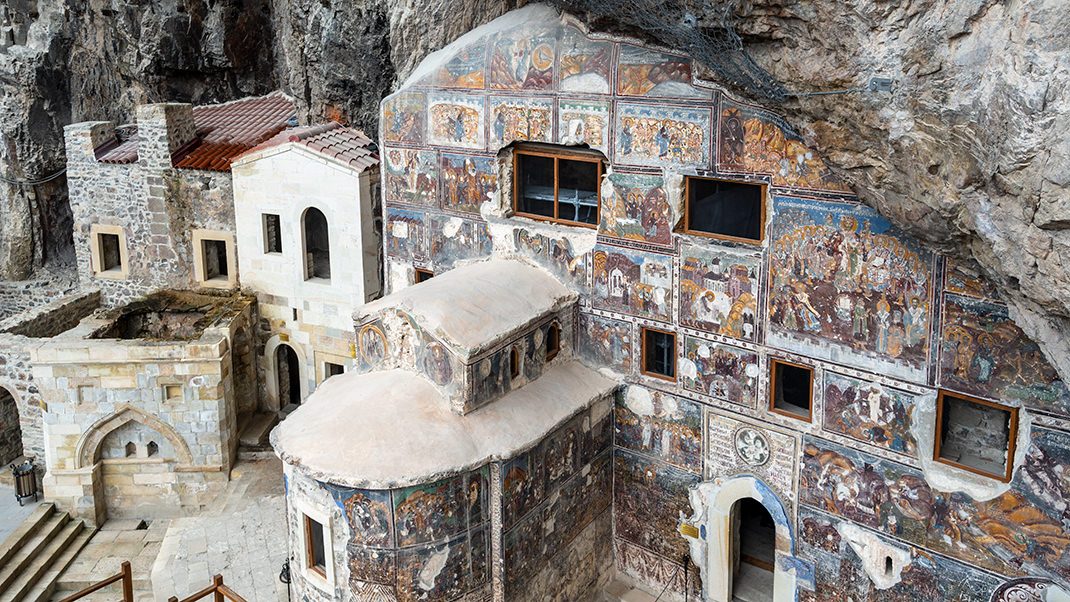
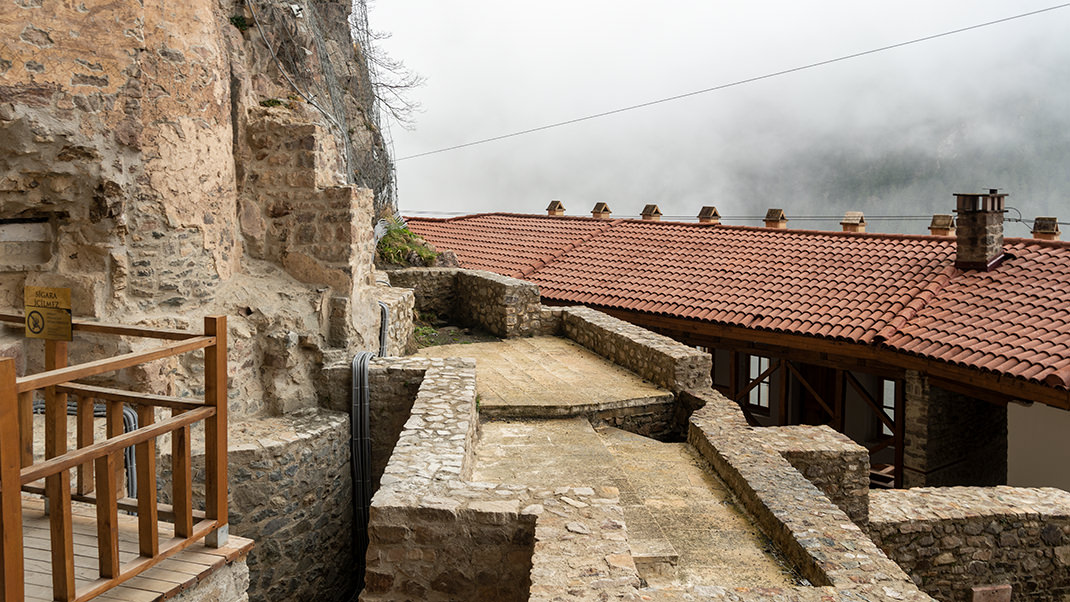
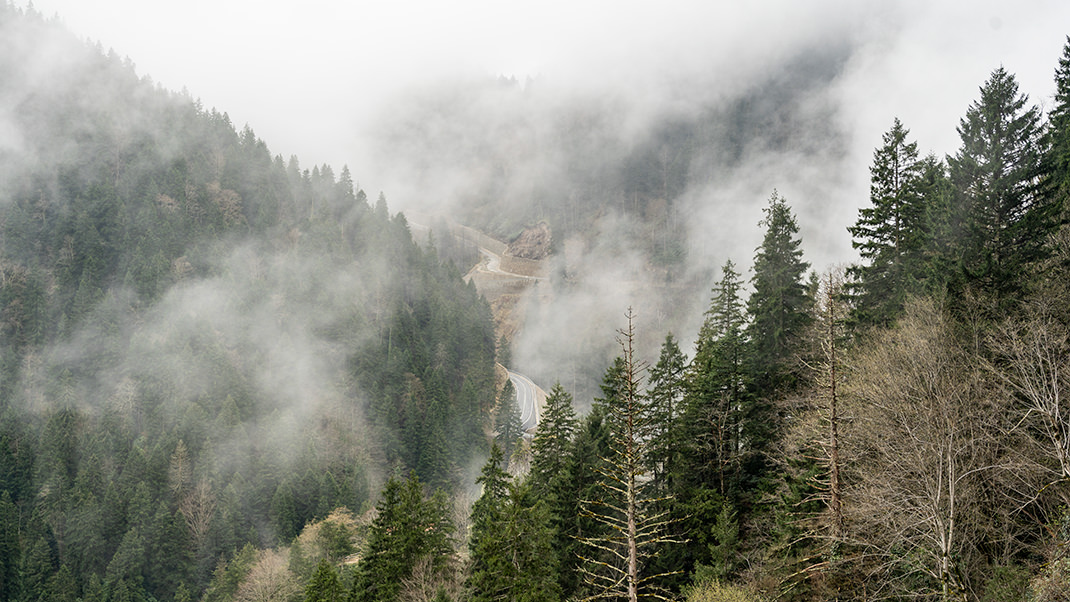
I conclude my story about the trip to this amazing complex, but I invite you to continue exploring Turkey's historical landmarks in my material about the ancient Monastery of the Pantokrator. It is located in Istanbul.
Have a nice trip!


